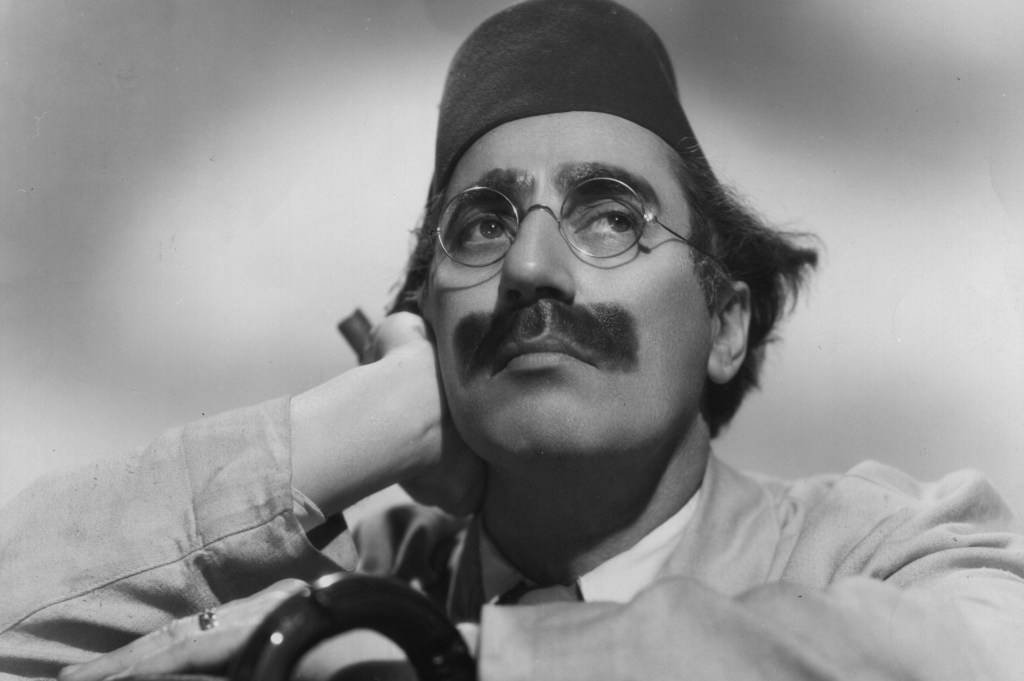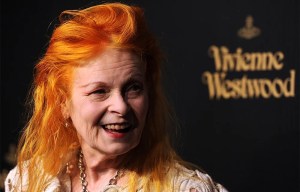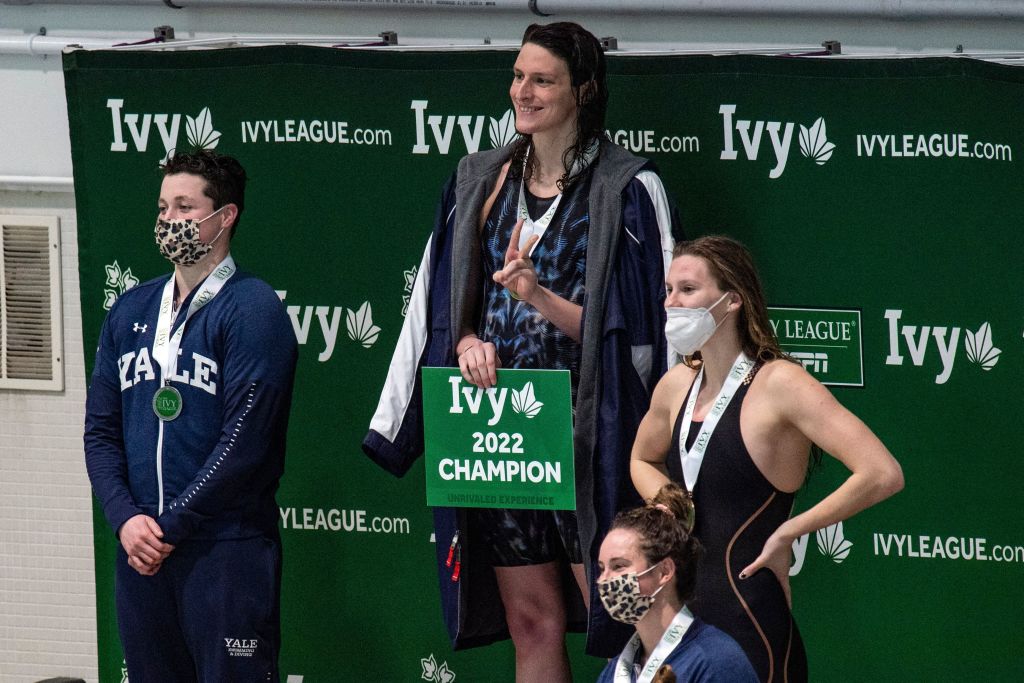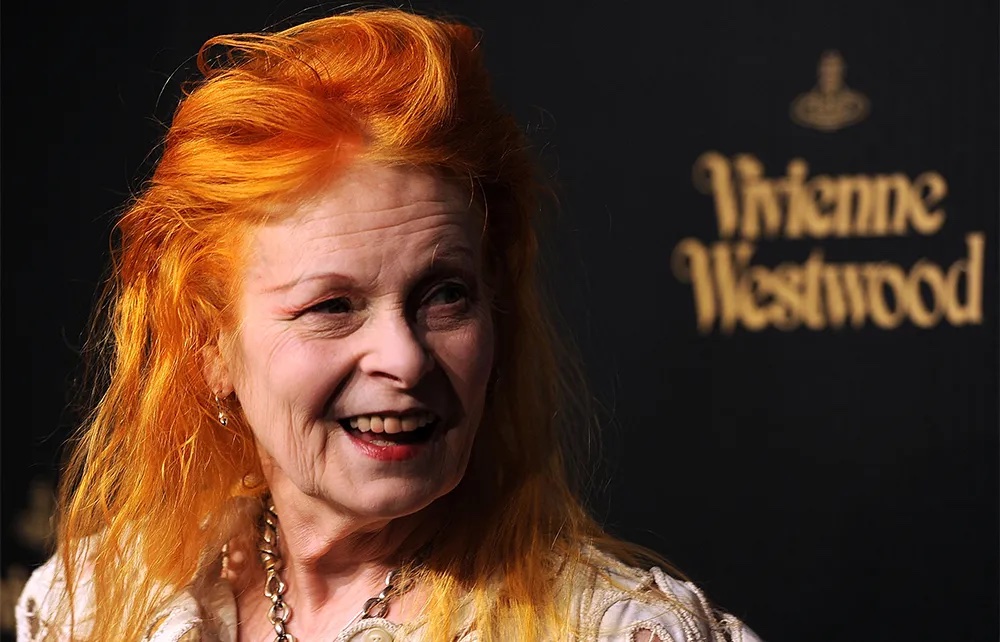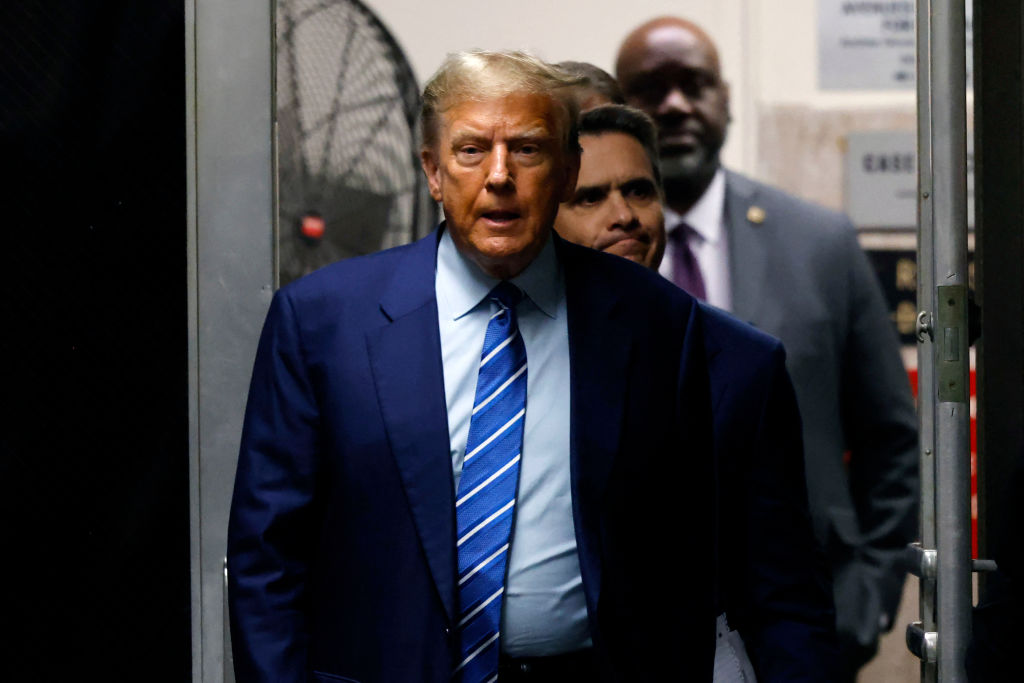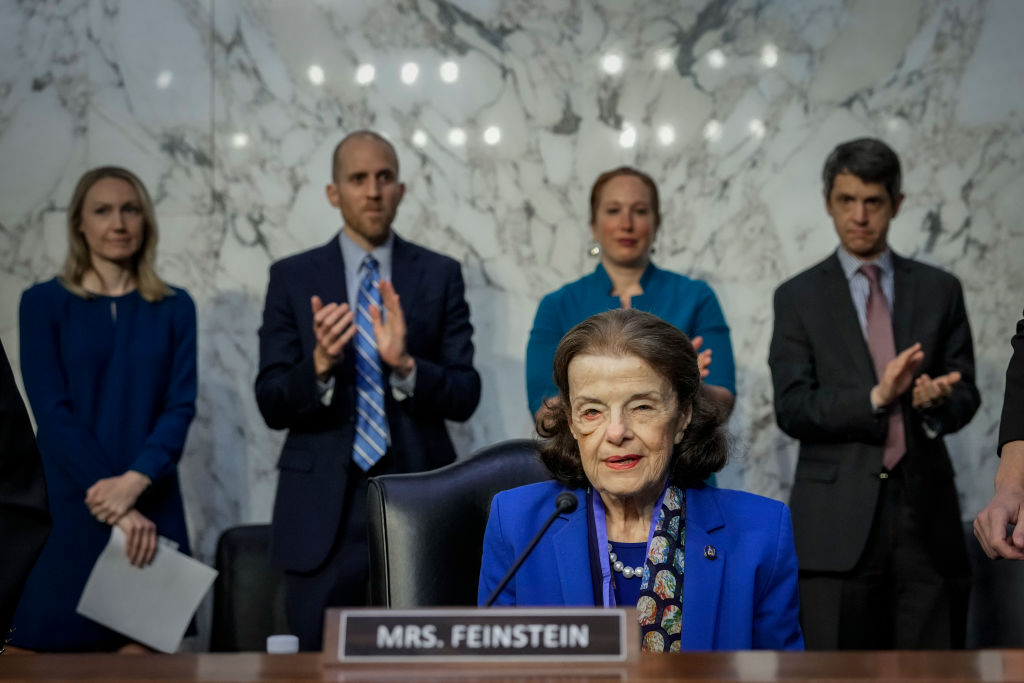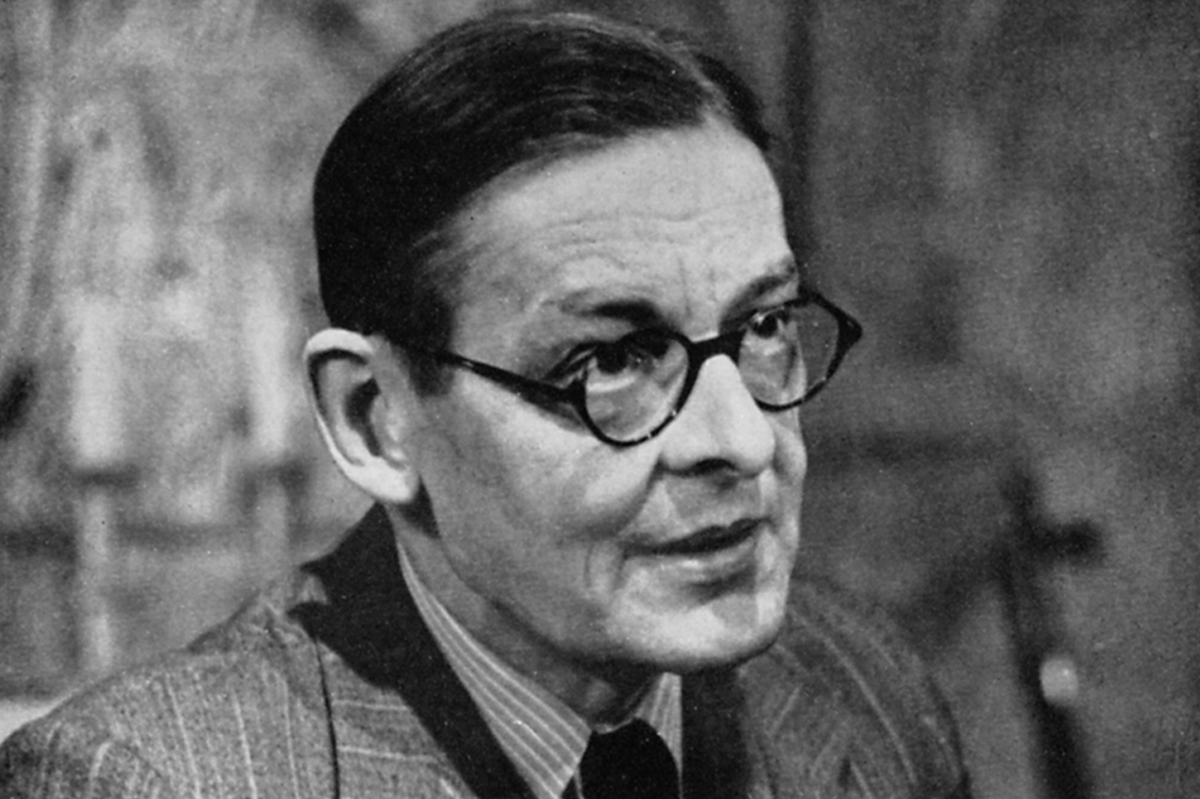The man of distinction who longs to be acclaimed for something else is a recurring and quite endearing figure. A few years ago, I wrote a small book about the fraught relationship of Arthur Conan Doyle and Harry Houdini. The escapologist was driven by shame about his lack of formal education. He had dropped out of school at the age of 12 to support himself as a shoeshine boy before embarking on a career as an acrobat and magician. For Conan Doyle, the attainment of influence and wealth as the author of the Sherlock Holmes stories apparently never dispelled the vulnerability that dwelled inside the alcoholic’s son from a slum household in Edinburgh. As is well known, Doyle was also torn between what he saw as his serious historical work and what he called the ‘different and humbler plane’ of crime fiction, to which he returned in later years chiefly to pay his bills.
By 1920, the middle-aged Doyle and Houdini – two of greatest public entertainers of their day – were regularly engaged in spirited intellectual jousting about their respective knowledge of religion and the afterlife.
‘When you say there are 96 volumes on your desk,’ Houdini wrote, ‘it may interest you to know that I travel with a bookcase containing over one hundred volumes, and recently, in Leeds, I bought two whole collections on Spiritualism.’
‘If you ever index your psychic library, I should like to see the list,’ replied Doyle, a believer in fairies. I have 200 now – and have read them too!’
A similarly volatile chemistry was at work in the curious friendship of T.S. Eliot and Groucho Marx. Eliot was the well-born Harvard, Oxford, and Sorbonne philosophy graduate and all-round homme serieux who won the 1948 Nobel Prize for Literature. Marx grew up in a small apartment above a kosher butcher’s shop in Manhattan, and dropped out of school to join the low end of the turn-of-the-century vaudeville circuit with his brothers Harpo, Chico, Zeppo, and Gummo, and found fame as the cigar-chewing wisecracker with the greasepaint mustache and simian lope. Nor would it have escaped Groucho that in 1934 Eliot had written: ‘What is still more important [in society] is unity of religious background, and reasons of race and religion combine to make any large number of free-thinking Jews undesirable.’
Yet the abrasive, motor-mouthed New York comedian and the morally austere Midwestern WASP-turned-faux Englishman did share certain traits. Both of them loved books. Both were fundamentally gloomy about human nature; perhaps as a result both were fond of schoolboyish practical jokes. Eliot’s nephew Graham Fletcher remembers his fearsomely highbrow uncle gleefully taking him to buy stink bombs which they then let off at the entrance of London’s Bedford Hotel, not far from Eliot’s workplace at the publisher Faber & Faber. Fletcher adds that Eliot, the 70 years’ old, put on an impressive turn of speed as they fled the scene of the crime, Eliot twirling his walking stick ‘in the manner of Charlie Chaplin’.
So it was surprising, but not entirely illogical, that in June 1961, Eliot wrote to Marx requesting an autographed picture, adding, ‘If and when you and Mrs Marx are in London, my wife and I hope you will dine with us.’
‘Should I come to London, I will certainly take advantage of your kind invitation,’ Groucho courteously replied, ‘and if you come to California, I hope you will allow me to do the same.’
All perfectly civil, though in retrospect mutual disappointment was there from the start. When Eliot wrote back to thank Groucho for the signed picture, he added that what he’d really wanted was the cigar-wielding icon that amused him, not the posed, serious-looking portrait he got. It’s worth remembering, too, that celebrities of that magnitude rarely get to the top and stay there without the benefit of a healthy ego. Not long afterwards, Eliot assured his new pen-pal that the picture, unsatisfactory as it was, now hung on a wall in his office, with ‘other famous friends such as W.B. Yeats and Paul Valery’.
Groucho wrote back to say that he had just read an essay about Eliot written by Stephen Spender in the Times Book Review. In it, Spender described the furnishings of Eliot’s office, but, Groucho remarked, ‘one name was conspicuous by its absence – I trust this was an oversight on the part of Stephen Spender’. Eliot immediately replied: ‘I think that Spender was only attempting to enumerate the oil and watercolor pictures on my wall, and not photographs – I trust so.’
Things took a decidedly strange turn in late 1963, when Groucho sent Tom a copy of his Memoirs of a Mangy Lover, which he recommended as a turn-on for the 75-year-old Nobel laureate. ‘It may stimulate you beyond recognition and rekindle memories that you haven’t recalled in years.’ Groucho wondered if in turn Eliot might care to share his erotic stories – ‘I would be interested in reading your views on sex, so don’t hesitate.’ Regrettably, the author of The Waste Land declined the request.
The odd couple and their wives finally met in June 1964, for dinner at Eliot’s home in London. As a social occasion, it seems to have presented something of the spectacle of a surrealist boxing match refereed by Harold Pinter. A liveried butler served a meal of roast beef and a fine red wine, but Groucho found it all hard going:
‘I tossed in a quotation from The Waste Land…Eliot smiled faintly – as though to say he was thoroughly familiar with his poems and didn’t need me to recite them,’ the comedian wrote next morning to his brother Gummo. ‘He seemed more interested in discussing Animal Crackers and A Night at the Opera. He quoted a joke – one of mine – that I had long since forgotten. Now it was my turn to smile faintly.’
In an attempt to break the ice, Groucho then began a long, scholarly critique of King Lear, after which Eliot again smiled wanly and asked his guest if he remembered the courtroom scene in Duck Soup. ‘Fortunately, I’d forgotten every word,’ Groucho wrote.
Clearly this wasn’t destined to be a mutually stimulating exchange between high and low culture. Groucho lingered at the dinner table long enough only for the ritual cigar, and the two men never met, or apparently corresponded, again. But perhaps their evening together wasn’t quite the unmitigated disaster sometimes portrayed.
Eliot died in January 1965 at the age of 76. ‘I was saddened by the death of T.S. Eliot,’ Groucho wrote to a mutual friend. ‘My wife and I had dinner at his home a few months ago, and I realized then that he was not long for this world. He was a nice man – the best epitaph any man can have.’



